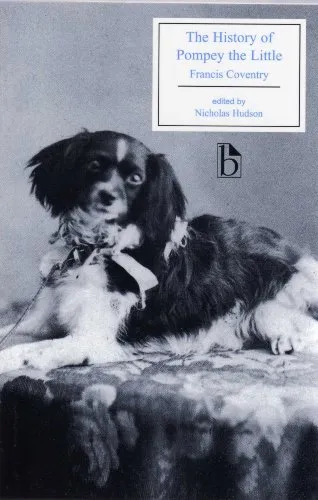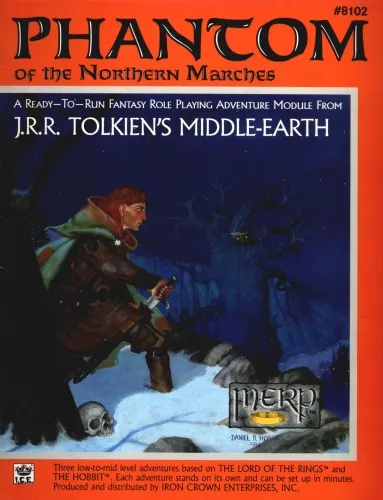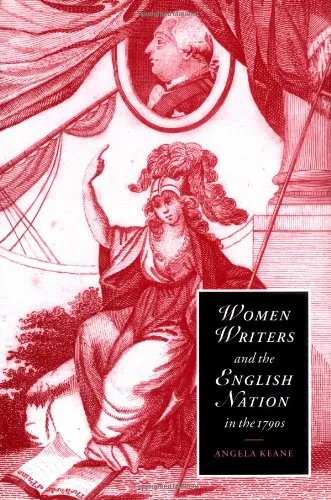The History of Pompey the Little Or, Life and Adventures of a Lap-Dog
3.8
Reviews from our users

You Can Ask your questions from this book's AI after Login
Each download or ask from book AI costs 2 points. To earn more free points, please visit the Points Guide Page and complete some valuable actions.Related Refrences:
Introduction to 'The History of Pompey the Little Or, Life and Adventures of a Lap-Dog'
Francis Coventry's delightful novel, "The History of Pompey the Little Or, Life and Adventures of a Lap-Dog," presents an intriguing tale from the 18th century. This pioneering piece of literature provides a unique glimpse into the lives and follies of the English gentry through the eyes of an observant lap-dog named Pompey. In this introduction, you will find a detailed summary of the book, key takeaways, some famous quotes, and an exploration of why this book still matters today.
Detailed Summary
The narrative follows Pompey, a small lap-dog who finds himself moving from one owner to another, experiencing the various stratas of English society. Each chapter unveils a different facet of society, from the nobility's frivolities to the merchants' ambitions and the intellectuals' salons. Coventry uses Pompey's eyes to portray the characters' vanities, moral failures, and idiosyncrasies without the subtle judgment that would typically accompany a human narrator.
The book is a picaresque novel, meaning it unfolds as a series of adventures. Pompey's journey begins with a noble Italian lady and travels through the ranks of English society, illustrating the quirks and oddities he observes in human behavior. These stories weave a rich tapestry of vignettes that critique the superficial nature and decadence of 18th-century life.
Key Takeaways
- The satire reveals timeless human follies: hypocrisy, vanity, and class snobbery.
- The structure of the novel serves as a social commentary, cleverly using a non-human perspective to expose harsh truths.
- Pompey's travels underscore the fluidity and variance within British societal structures of the 1700s.
- Coventry's work underscores the role of animals in literature as silent observers of human nature.
Famous Quotes from the Book
"Though he was but a little dog, he had a great soul, and a penetration beyond what is commonly to be found in the creatures of his rank."
"The vanity of human life is such, that we frequently set no value upon a thing, till we lose the enjoyment of it."
Why This Book Matters
Coventry's work is significant for both its historical context and narrative innovation. "The History of Pompey the Little" provides not only a window into 18th-century English society but also transcends its time with a critique that remains relevant today. Its use of an animal narrator to impart truths about the human condition was a novel idea that influenced later literature, setting the stage for works that explore perspectives beyond the human worldview.
The novel challenges readers to reflect on their own behaviors and societal norms through the discerning eyes of Pompey. Furthermore, it enriches the literary landscape by showcasing the potential of animals as critical observers within narratives, making it a substantial early example of anthropomorphism in literature.
Overall, "The History of Pompey the Little" remains a charming yet poignant social critique, offering insightful reflections on human nature that continue to resonate with readers today.
Free Direct Download
You Can Download this book after Login
Accessing books through legal platforms and public libraries not only supports the rights of authors and publishers but also contributes to the sustainability of reading culture. Before downloading, please take a moment to consider these options.
Find this book on other platforms:
WorldCat helps you find books in libraries worldwide.
See ratings, reviews, and discussions on Goodreads.
Find and buy rare or used books on AbeBooks.
1471
بازدید3.8
امتیاز0
نظر98%
رضایتReviews:
3.8
Based on 0 users review
Questions & Answers
Ask questions about this book or help others by answering
No questions yet. Be the first to ask!















